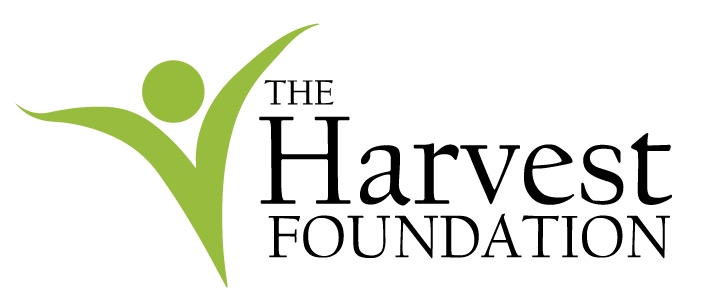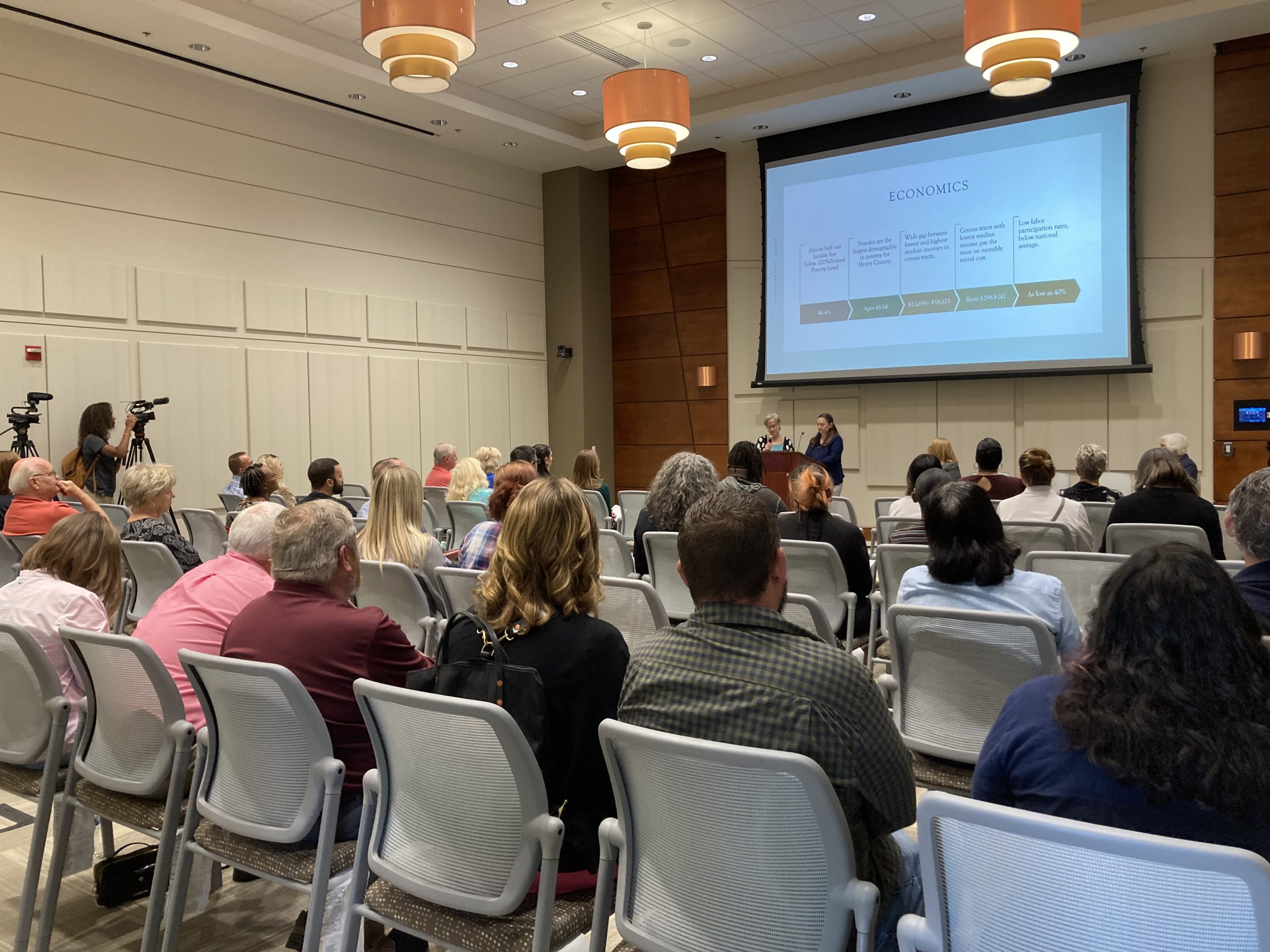(MARTINSVILLE, VA) — What do current data say about the quality of life in Martinsville/Henry County? A briefing on Sept. 15 at 11:30 a.m. at New College Institute, located at 191 Fayette St, Martinsville, will reveal just that. Anyone with interest is invited to attend.
The West Piedmont Health District (WPHD), The Harvest Foundation and a group of citizens called the Equity Collaborative have been working for months to better understand the needs of citizens from every census tract, ethnic, racial and income group.
Two separate but complementary studies uncover the health outcomes local residents experience. Information on infant mortality, chronic health conditions, education, economic well-being, housing, food access, transportation and other issues are included in the data sets.
“The health district routinely leads community health assessments. This one is different,” said Nancy Bell, Population Health Manager, WPHD. “This time we approached data-seeking from an equity perspective by using a formula of inclusion and outreach to underrepresented groups and doing so in nontraditional ways.”
The health district’s equity coordinator and project manager, Pamela Chitwood, noted, “This is not just about determining the needs of citizens; it’s about better understanding the barriers that keep them from achieving optimum health.”
Chitwood said that in the coming months, groups of concerned citizens will work together to develop solutions to the issues detailed in the report.
The Harvest Foundation supported and supplemented the work by partnering with the University of Virginia to break down data to the census tract level. President of the Harvest Foundation, Kate Keller, said “Understanding inequities in your community at the census tract level allows policymakers the opportunity to know exactly where and who are experiencing better or worse health outcomes. We have a 12.5-year difference in life expectancy on two different sides of a street in Martinsville-Henry County. We now can dig into the reasons why and work with local communities to shrink that gap.”
Links to the two data documents will be provided to anyone who attends the briefing and signs in with an email address. Additionally, attendees will have the opportunity to join “solution teams” and work together with others who have a passion for a particular area of public need.
In addition to the above-mentioned partners, Community Health Solutions, Virginia Tech’s Center for Public Health Practice and Research, and the Weldon Cooper Center for Survey Research at the University of Virginia provided essential assistance in gathering and analyzing data.


